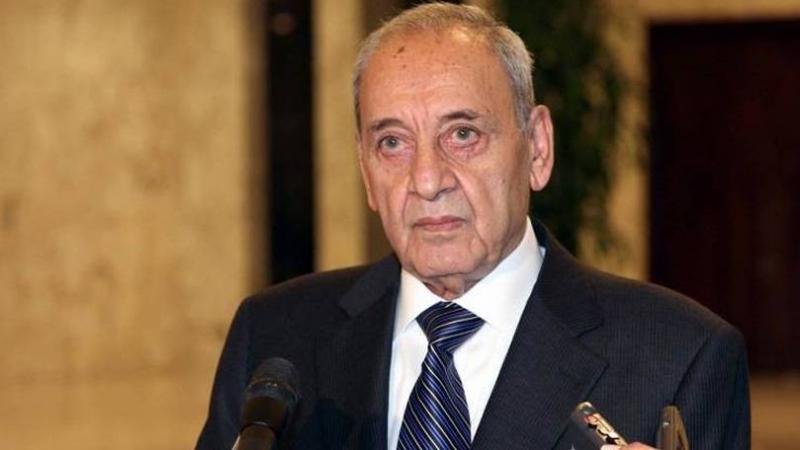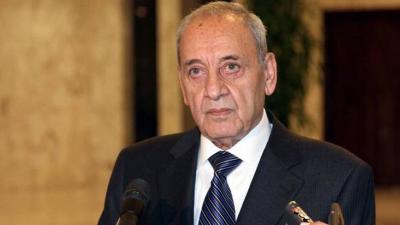With less than two months until the constitutional deadline for electing a new president of the republic and less than four months until Aoun's term ends, calls are being made to the Speaker of the Parliament to convene a session to elect the president at the beginning of the constitutional period without any delay. According to informed sources, Berri has not yet decided on the date for this call. Despite all the leaks and circulating news about this date, he is expected to make this call within the constitutional period, as he is "constitutionally and legally obligated."
These sources, according to "Al-Jumhuriya," believe that "the Parliament will be faced with electing a president of the republic rather than parliamentary committees, and this process requires consensus as has been customary, because the president must be for all Lebanese." They confirm that "if this consensus is not achieved, we will go to elections, and whoever the MPs agree on will win."
The president of the republic is elected, according to Article 49 of the constitution, by secret ballot with a two-thirds majority from the Parliament in the first round, while a simple majority is sufficient in subsequent voting rounds. Based on the lack of the two-thirds quorum due to the boycott of large blocs, most notably Hezbollah and the Free Patriotic Movement, Speaker Berri had postponed the sessions he called during the presidential vacuum period (2014-2016). This article of the constitution is subject to multiple interpretations.
While Berri believes that a two-thirds quorum should be present for the Parliament to convene to elect the president, constitutional and political experts argue that Article 49 does not mention a quorum but rather "a voting majority," whereby there is a two-thirds majority in the first round and an absolute majority in later rounds. Thus, the required quorum to hold a session to elect the president is the ordinary quorum specified in Article 34 of the constitution, which is half the number of Parliament members. However, according to the same sources, "there is no interpretation in the subject of the text; the text is clear, and we cannot interpret the constitution in a way that suits us. The Speaker will call for sessions to elect a president, and when the session convenes, it will be held."
These sources deny the claim that Berri closed the parliament to hinder the election of a president after Suleiman's term until Aoun's election, recalling that the "Development and Liberation" bloc did not miss any session called by Berri to elect the president, so at no time was the quorum met, i.e., the attendance of 86 MPs (two-thirds of the 128 MPs). They clarify that "the Parliament must convene with a two-thirds attendance, and if no presidential candidate obtains this majority in the first round, an election will be held in the second round, and whoever achieves the absolute majority becomes the president of the republic."
The same sources affirm that the obstruction is the responsibility of the parliamentary blocs that may not participate in the sessions that Berri will call, especially since there are large blocs that have refrained from electing someone for the presidency of the Parliament and from naming a figure for the premiership, while the "Development and Liberation" bloc will attend when Berri calls for a session.
While Hezbollah and Amal movement have yet to agree on a presidential candidate after Suleiman's term, and Berri and his bloc did not elect Aoun, the Speaker stated after Aoun's election session: "We are now faced with two presidents," referring to Aoun and the leader of the Free Patriotic Movement, MP Gibran Bassil. The agreement between Hezbollah and Amal regarding Aoun's successor is contingent upon the data and facts at the time of the election.
As for the nominations and the names of the Maronites who possess presidential chances, political sources believe that "everything being said now is not timely, and time doesn't shy away from its own; flowers do not bloom before spring." They point out that many events and repercussions will occur by then, ranging from the war in Ukraine to the visit of U.S. President Joe Biden to the region, nuclear negotiations, demarcation of southern maritime borders, and the internal socio-economic situation. All of this shapes the image of the president. Each of these issues paints a facet of the future president, while currently, no clear picture has emerged and "everything is just talk."




